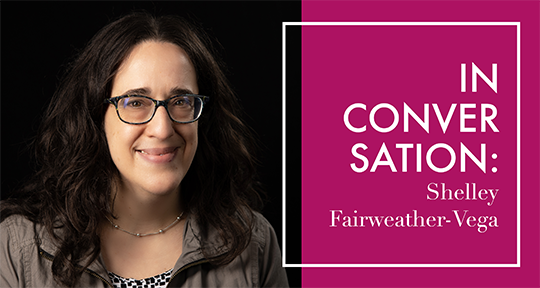The enormously prolific Uzbek writer, Hamid Ismailov, is one of the vanishingly small number of Central Asian authors to crack the code of being translated into English. He experiments in virtually every literary form and genre—from the novel to the play, from translation to poetry; has lived in exile from Uzbekistan since 1992; and continues to build on the wealth of Central Asian culture and memory.
The breadth of history that informs his work can be felt in “Trinity”—a dramatic scene excerpted from a sprawling, six-book novel (Russian Matryoshka) that follows a peasant as he harvests a field of wheat only to have the yield stolen, again and again, when the wider world forces its way into his life. Published in Asymptote’s Summer 2024 issue, “Trinity” is a fragment of a fragmented text, a scene from an unfinished play embedded within an unpublished novel. In many ways, it is emblematic of the whole, knotted process that is translation. The short, dramatic scene is ripe with pungent symbols of the past, yet also exhibits a linguistic dexterity such that each word seems to impose its own gravity on the text. Longtime Ismailov collaborator Shelley Fairweather-Vega’s sensitive translation of “Trinity” achieves an exquisite balance between intimacy and distance, accessibility and mystery. I had the distinct pleasure of speaking with her about staging this piece, the influence translators exert on a text (and each other), and much more.
Willem Marx (WM): Your translations of Hamid Ismailov’s writing have introduced him to many English readers, myself included, so I’d like to start off by asking: how did you discover his work? And what set you on the path to become one of his principal English translators?
Shelley Fairweather-Vega (SFV): Willem, that might be the most gratifying thing a translator can hear, that our work introduced a reader to a great author they might not have discovered otherwise. I’m so happy to hear it.
The story of my collaboration with Hamid Ismailov began more than a decade ago, when he happened across a pro bono translation I did of an essay by an Uzbek political prisoner. He contacted me through the organization who published that translation, looking to add to his very small list of people who could translate from Uzbek to English. Within a short time, he had convinced me to try translating his short story, “Tosh mehmoni,” which Words Without Borders published as “The Stone Guest” in September 2014. That story is so sad and powerful, and working with the author was such a good experience, that I was instantly, permanently hooked. So, you could say I also discovered Ismailov through my translations. You and I have that in common.
After translating several more of Ismailov’s short stories and essays, and now four of his novels, I’m nowhere near tired of his work and will always jump at the chance to translate it—but I do have competition, especially in the UK where he was first published in English, and where American translators sometimes aren’t eligible for the funding Ismailov applies for. A forthcoming short story collection combines work translated by me and several others. Ismailov did a very good job building that collection of translators.
WM: It’s telling to hear how tenacious an author must be in order to have their work translated into English. To shift slightly, I wonder if you ever find that your work is influenced by the way other translators have approached his writing. Do you notice different emphases or ways of tackling an aspect of voice among your fellow Ismailov translators? READ MORE…

